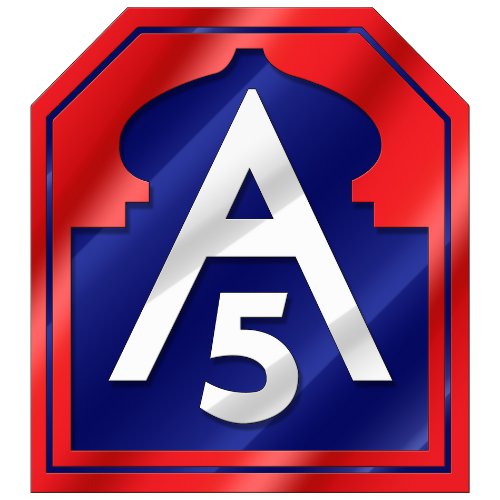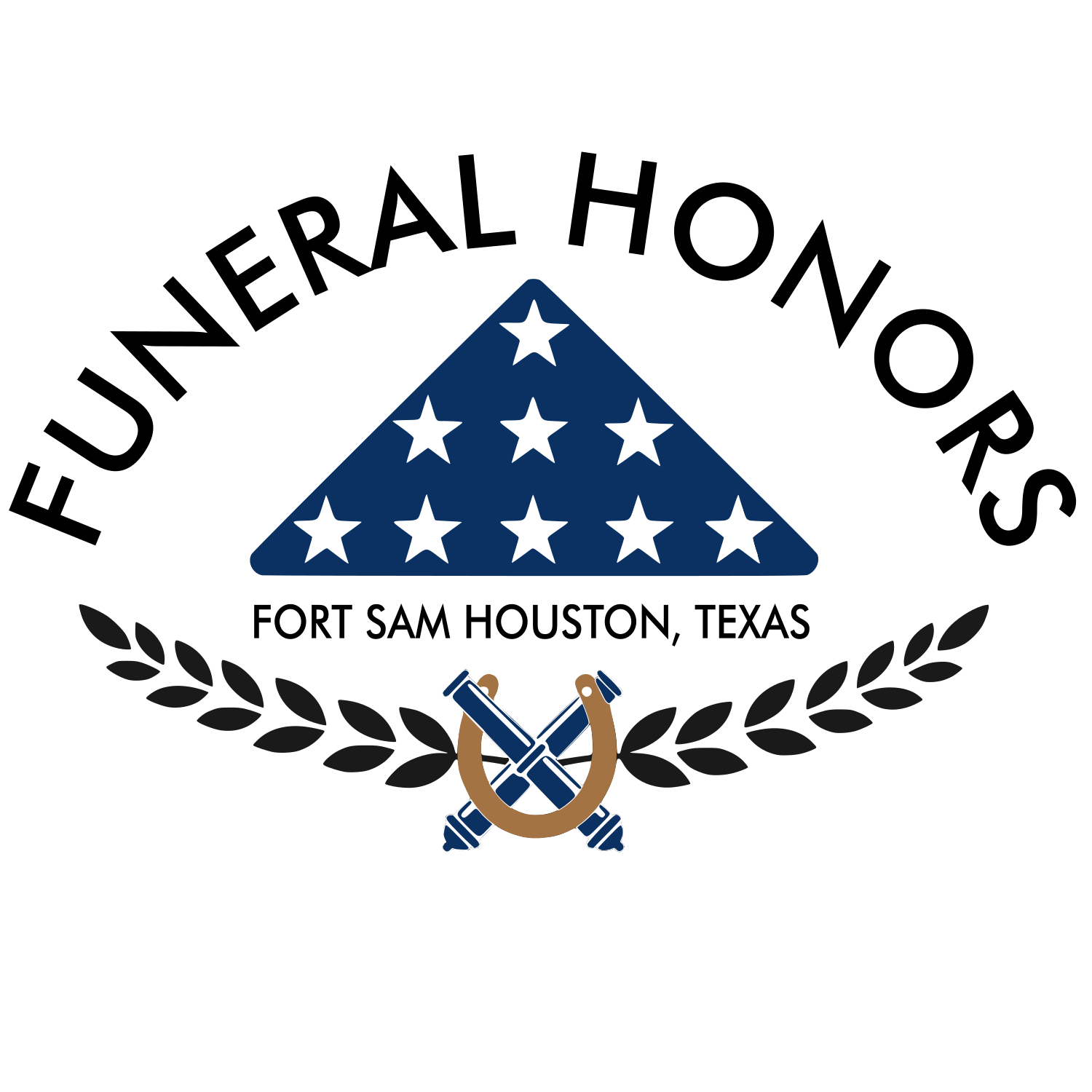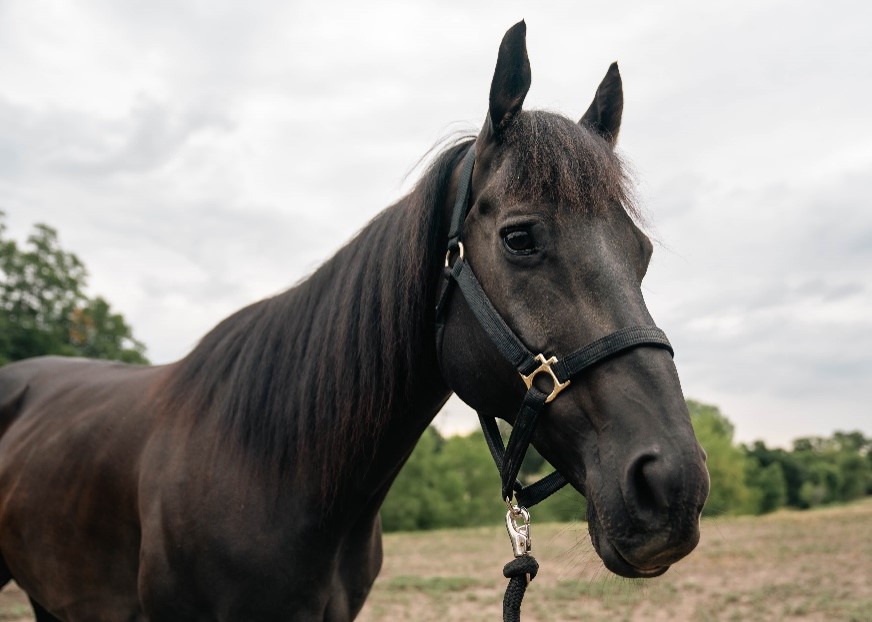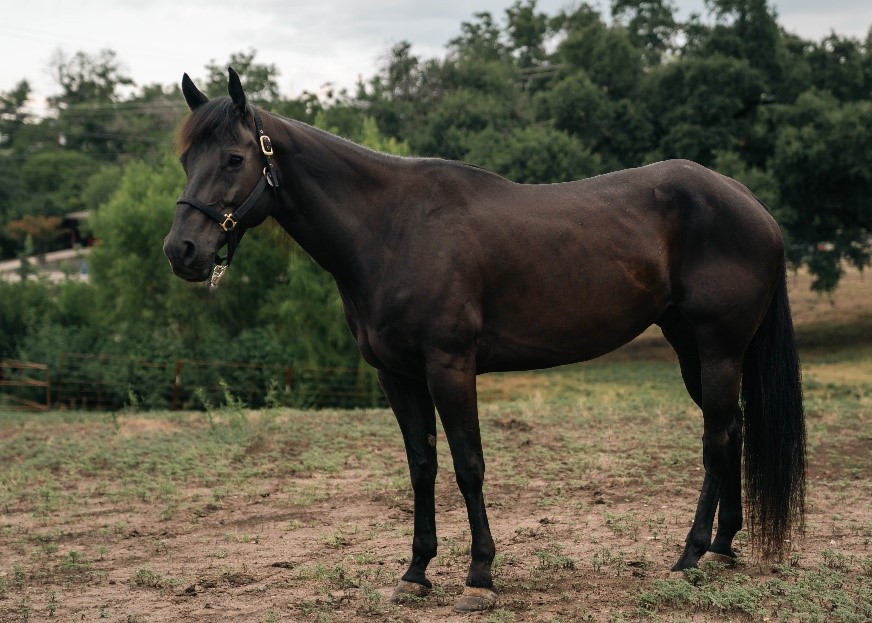 Caisson Horse Adoption
Caisson Horse Adoption 
Adopt a Caisson Horse
The Caisson Horses of the Fort Sam Houston Funeral Honors Platoon participate in Full Honor Funerals with escort in Fort Sam Houston National Cemetery. These magnificent animals serve with the Soldiers of the Caisson Section daily to ensure final honors are given in a dignified, professional, and respectful manner; and they love their job. Because of the long and distinguished service of every horse in our stables, U.S. Army North (Fifth Army) takes great care to ensure each horse is rewarded with a great home for its well-earned retirement.
The primary goal of the Caisson Horse Adoption Program is to select a home for a retiring Caisson Horse. The program publishes horses ready for retirement to a website, identifies potential adopters, and selects the best candidate from a pool of applicants seeking to adopt a retired Caisson horse. The specifics of the Caisson Horse Adoption Program are governed by Command Policy Letter “Adoption of Caisson Horses.”
Adoption Application
Adoption Policy Letter
Adoption Process:
1. Horses identified by the Caisson Section for adoption are evaluated by the JBSA-Fort Sam Houston veterinarian to assess any medical requirements potential adopters need to be aware of when considering whether to adopt a Caisson Horse. The JBSA-Fort Sam Houston veterinarian provides medical details to this website for those interested in adopting the given horse. The horse’s medical records are transferred to the adopter upon retrieval of the horse.
2. Horse adoption details published to this website. People interested in adopting a Caisson horse will have 30 days to apply from the first day information about a retiring horse is published, using the adoption application packet (linked above/found here).
3. After 30 days, a board will convene to match each horse to an applicant. The Board consists of veterinary officers, the Chain of Command, and Soldier teammates of the retiring horse. All applications are reviewed by the board, with the intent to identify the best possible home for our retiring horses. When able, a representative of the Caisson Section or Command Team may visit prospective adopters to assess the proposed living spaces for our horses. A strong adoption packet contains a wealth of information on the living conditions and care that will be provided by the prospective adopters and includes references from a veterinarian and farrier who will care for the animal on the adopter’s behalf. Applicants are ordered by merit by vote of the board members.
4. Every applicant, regardless of selection, is notified of the board’s decision and arrangements are made to transfer the horse to its new home. Applicants who wish to appeal the board’s decision may do so through the process outlined in the policy letter. If the selected applicant is unable to receive the horse, the next applicant by merit is notified and arrangements are made to transfer the horse to its new home. If there are no acceptable applications, the horse remains in the care of the Caisson Section and may be transferred to another government agency or placed back in the adoption process at a later date.
Horses available for adoption:
Chandler


Chandler is a 12-year-old black American Quarter Horse gelding. He reported to the Section in 2018 for duty as a caparisoned horse, the riderless horse led behind the procession for funerals for Colonels and General Officers, and he served in that capacity at dozens of funerals. He also participated in several parades and special events in and around San Antonio, TX including the San Antonio Stock Show, Fiesta, and Meet your Army nights at the San Antonio Missions games. In September of 2023, Chandler injured his left forelimb pastern which developed into aggressive periostitis, synovitis and osteoarthritis. On 7 March 2024, Chandler received surgical pastern arthrodesis and recovered well; during his recovery he was diagnosed with kidney disease which has progressed and shows symptoms including difficulty maintaining weight, excessive thirst, and excessive urination.
Chandler has a great personality and is a handsome animal but needs a level of care and additional considerations that are not conducive to the limited manpower and the mission of the Caisson Section. Chandler is best suited for a more temperate climate, or to a home with climate controlled and professionally managed stable facilities. His adopter must be willing to modify his feed and veterinary care as his kidney disease progresses. Chandler could be a great stable mate or pasture buddy. He is not a candidate to train or ride. He is current for all vaccinations and has a current Coggins test.
For more information or questions about the adoption process, please contact usarmy.jbsa.arnorth.list.funeral-honors-platoon@army.mil.